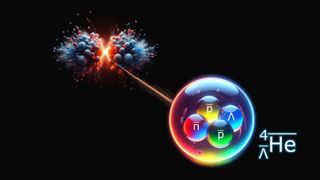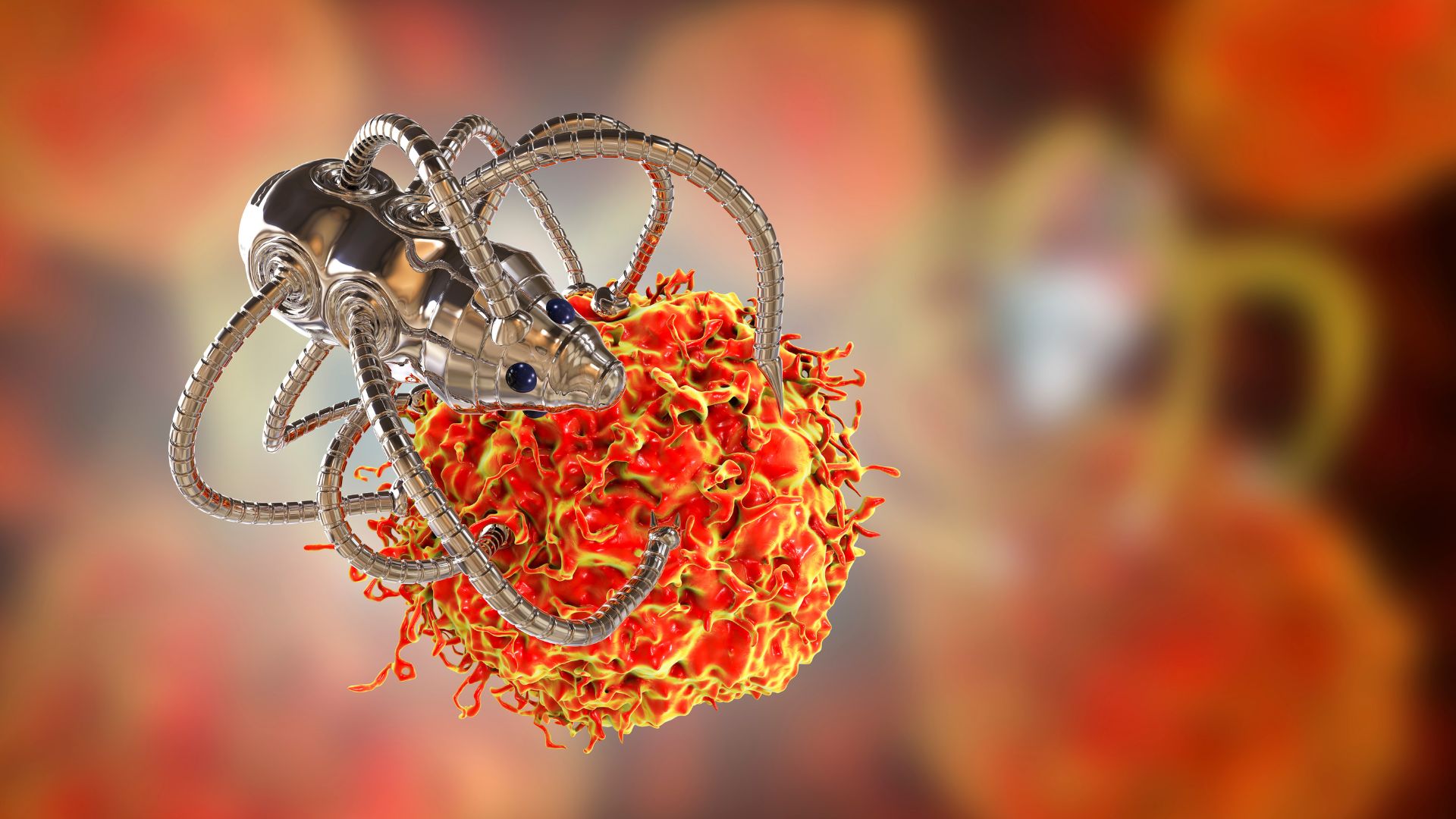Particle physics news, features and articles
Latest about Particle Physics
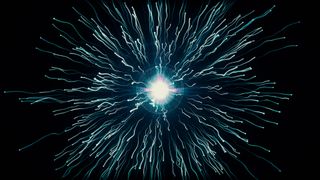
Particle physics: Facts about the elementary particles that make up our universe
By Damien Pine published
Discover the fascinating world of particle physics — the most fundamental building blocks of the universe and the forces that connect them.

World's largest atom smasher turned lead into gold — and then destroyed it in an instant
By Ben Turner published
The world's largest particle collider produces roughly 89,000 gold nuclei every second, all from smashing lead atoms together at near-light-speed.

'Beauty' particle discovered at world's largest atom smasher could unlock new physics
By Ben Turner published
Why matter dominates over antimatter in our universe has long been a major cosmic mystery to physicists. A new finding by the world's largest particle collider has revealed a clue.

Elusive neutrinos' mass just got halved — and it could mean physicists are close to solving a major cosmic mystery
By Ben Turner published
Physicists have set a new upper limit on the mass of neutrinos. And the finding could poke a big hole in the Standard Model of particle physics.
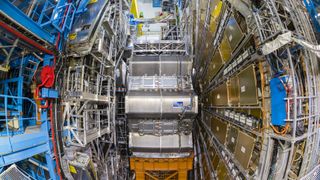
The world's largest atom smasher is getting a powerful new upgrade
By Paul Sutter published
Physicists are finalizing plans for MATHUSLA, a powerful new addition to CERN's Large Hadron Collider that will detect long-lived particles and potentially open the door to new physics.
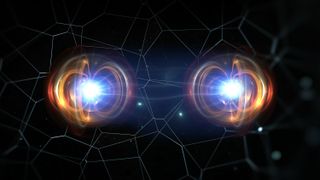
'Spooky' quantum entanglement discovered inside individual protons for 1st time ever
By Ben Turner published
Physicists have long-suspected that the building blocks of protons experienced quantum entanglement. Now, researchers have the first direct evidence — after using a trick to infer subatomic particles' entropy.
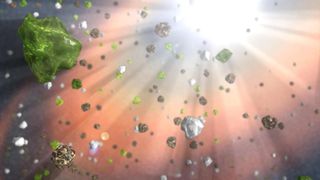
'The Majoron' — a bizarre particle that's its own opposite — could explain the biggest mysteries of the universe, scientists claim
By Paul Sutter published
There's a significant imbalance between matter and antimatter in our universe, but a strange particle called "the Majoron" could finally explain it, an audacious new study suggests.
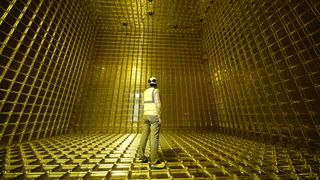
800-mile-long 'DUNE' experiment could reveal the hidden dimensions of the universe
By Andrey Feldman published
A new underground facility called DUNE, which will accelerate particles for 800 miles between Illinois and South Dakota, could reveal the hidden dimensions of the universe, new research suggests.
Get the world’s most fascinating discoveries delivered straight to your inbox.


